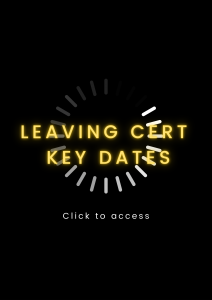Q: I’ve seen CVs where people list ‘reporting to’ at the end of each job. I have never done it myself. Is it a good idea? I’m a marketing specialist and am currently working at management level, but thinking about a change. Does it bring any benefits? (DD, email)
A: I certainly believe it can – and, as I say below in relation to this week’s second question, it can’t do any harm.
The ‘reporting to’ section can show the level you worked at – in some companies it can be very difficult for the person (i.e. the employer) looking in from the outside to navigate their way through various titles and positions.
‘Reporting to’ can often clarify the matter and give a better understanding of the level at which you operated.
It can also – hopefully – show career progression. It can track the various steps on the ladder you’ve taken and convey the impression of you as someone who has built on various achievements to date.
Know your CV inside out
Q: Should I bring my CV with me to the job interview? (FW, email).
A: It can’t do any harm. You mightn’t even take it out to give to the interview panel. I would imagine that in nine out of ten cases, the panel have an ample supply of copies.
But sometimes they might not?
One of the things I try to impress upon candidates is that the interview panel may not be this coherent group who have every base covered.
A member of the panel may not turn up on the day because they are sick. They might get called away on urgent business elsewhere in the business.
In small businesses, the whole HR side of things could be poorly developed. Having a spare CV with you would be no burden to carry.
And, yes, you should also know your CV inside out. Uncertainty about your career history is a real no-no in an interview: it creates suspicion and where suspicion lurks, jobs don’t follow. So make sure you are able to talk them through your CV – or field questions on it – without a stumble.
Of greater significance in some jobs, though, is a portfolio. Graphic designers should bring portfolios into interviews with them. Journalists, too. Perhaps architects and anyone whose work can be portrayed visually.
A picture tells a thousand stories. If you can bring in something tangible that proves the point better than a whole series of spoken claims, then do. In job-searching, the onus is on you – not the employer – to make a compelling case.
For a free critique of your CV, simply go here: www.slinuacareers.com/critiques Sli Nua Careers offer CV preparation, interview training and mock interview services at their offices in Galway, Limerick, Dublin, and Ballinrobe, Co. Mayo. More: www.slinuacareers.com






